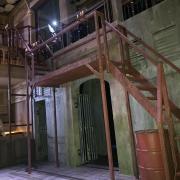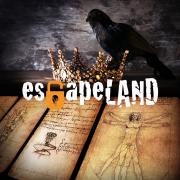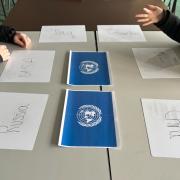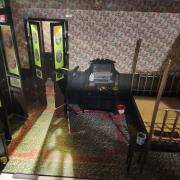
As the 9th and 10th of November 2019 marked 81 years since The Night of the Broken Glass (or "Kristallnacht" in German), we should not forget the French Jews who fought for French independence against the Nazi forces during the German occupation. It is easy to think that the Jews persecuted by the Nazis were exclusively German, like Anne Frank or even Hilter's own grandmother, or Polish, as Auschwitz is situated in the outskirts of Oświęcim, close to Krakow. But more than 330,000 Jews lived in France, of whom only half were of French origin. Tragically, 25% of these innocent people joined the 6 million other Jews who were killed at the brutal hands of the Holocaust. This leads us to ask the question: what did the Jewish community do to defend their identity, religion and human rights during the Second World War? And even more importantly, is the Star of David and all it represents respected as much as it should be in France today?
Firstly, we must take a closer look at the historical situation. Despite Raymond Aron describing the Jews of the 20th century as being "the objects of history as written by others" in his autobiography, it is unfair to ignore all that the Jewish people brought to the French resistance, especially as there were many more risks for them than other French people at that time. For example, the Union of Young Jews had to conscript 10% of their members every month to join the active front against the Nazis and the Vichy regime. This shows us that Raymond Aron is incorrect; French Jews were not passive, even if they fought just as hard as the French Christians, which, in my opinion, is even more impressive: let us not forget that a good proportion of the Jews in France came from elsewhere in Europe, but those who were part of the Resistance were fighting harder for French independence than the natives who had joined the Regime. Other Jewish organisations include scout groups for Jewish children. In these cases, they could stay in other families' houses to be safer, take part in games and activities, go to the countryside, and go camping with other children their age. Even though this is not a direct act of hostility against the Nazis, it was still part of the resistance, as it not only gave children a safe house, but also hope, friendships and a chance to experience childhood.
On the other hand, Jewish Resistance also took the form of journalism in illegal magazines. Not only did they write in Communist magazines, but in many specifically Jewish papers too, which shows that despite the growing power of the Nazi party, Jewish autonomy still prevailed.
But is it the same story today? Unfortunately, according to an inquiry by the organisation Statista, there were 35 violent acts of anti-Semitism in 2018, a number which has increased every year since 2013. Despite the dark history of anti-Semitism in France, it seems that, judging by the increase of Holocaust deniers, it is clear that not everyone has understood the magnitude of this Jewish tragedy and the impact it had on France.



























